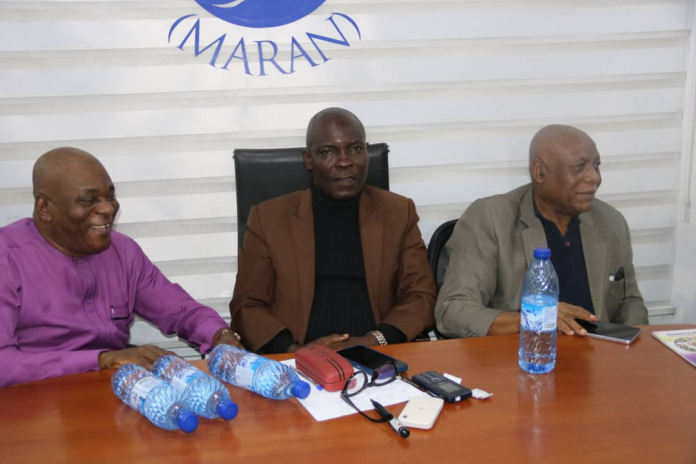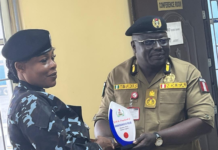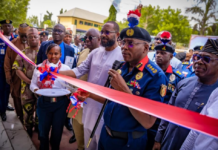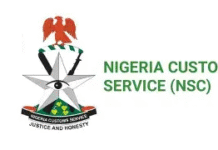The Maritime Reporters Association of Nigeria (MARAN) roundtable on the proposed implementation of the International Cargo Tracking Note (ICTN) has provided an opportunity for stakeholders in the maritime industry to identify its merits, demerits and implementation strategies.
The stakeholders who took time to canvass their positions on ICTN were unanimous on the importance and benefits of the policy but differed significantly on the way and manner it should be executed in the country.
Not a few who spoke at the MARAN roundtable were in support of the implementation plan by the Federal Government while some were of the view that the ICTN policy should be handled differently in order to attain set goals and objectives.
According to the proponents of the policy, the benefits of implementing ICTN include comprehensive monitoring of all shipments into the country to curb importation of harmful substances, increased revenue collection, improvement of the nation’s maritime trade amongst others.
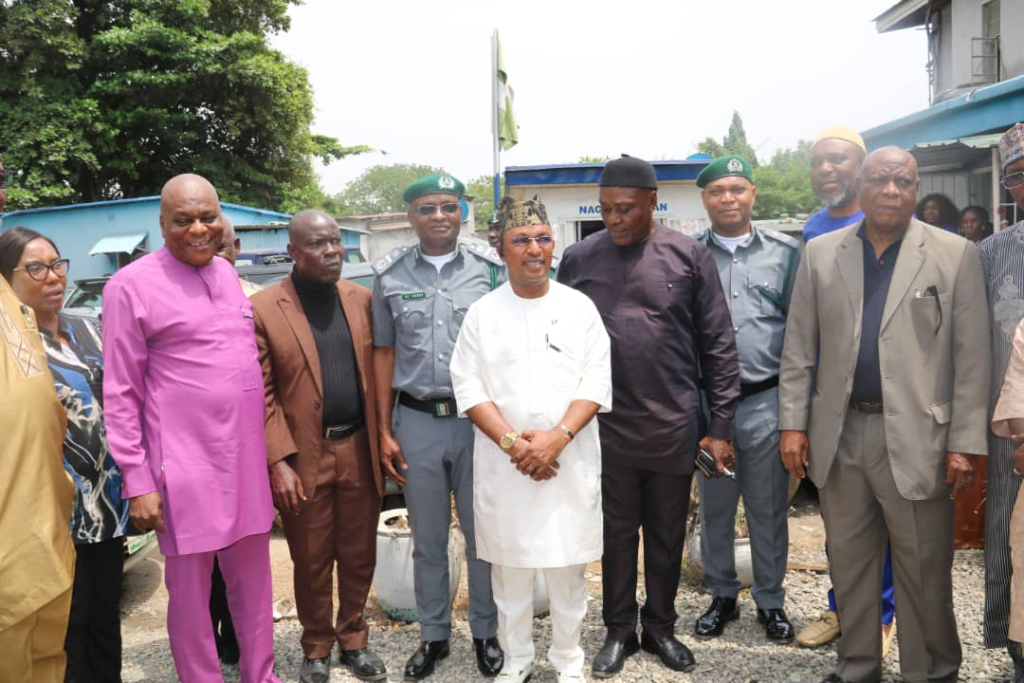
On the other hand, those against ICTN argued that there is no law backing it and therefore it should be jettisoned. They averred that the policy is not backed by any law of the land, stressing that implementation will paint the government as being lawless as well as the scheme resulting in higher clearing cost implications on shippers.
The Comptroller General, Nigeria Customs Service (NCS), Alhaji Bashir Adewale Adeniyi in his contribution assured stakeholders that the costs associated with the ICTN would be defrayed by savings resulting from reduced delays, demurrage charges, and more efficient operations in the cargo supply chain.
Adeniyi in a paper titled: “Proposed Cargo Tracking Note: A Second Look by Critical Stakeholders”, stated that section 28 of the Nigeria Customs Service Act 2023 explicitly empowers the service to develop and maintain electronic systems for cargo tracking.
Continuing, Adeniyi who was represented at the roundtable by the Coordinator of Zone A, Nigeria Customs Service (NCS), Assistant Comptroller General (ACG) Charles Orbih said: “This legal framework ensures proper authority for implementation while protecting stakeholder interests. The Nigeria Customs Service envisions a measured, phased implementation approach. Throughout this process, we will maintain open dialogue with stakeholders, incorporating feedback and making necessary adjustments to ensure the system serves its intended purpose without creating undue burden.”
The NCS boss in his submission cited international evidence from countries where similar schemes are in operation to support his assertion.
He disclosed that NCS is actively working with stakeholders to establish a fee structure that balances system sustainability with business competitiveness.
On the concerns about bureaucracy and procedural complications, he noted that the implementation strategy directly addresses these through system integration and process automation just bas he emphasized that instead of creating additional procedures, ICTN will streamline existing ones by providing a single platform for information submission and verification.
Adeniyi noted that the focus should not just be on adopting new technology but on fundamentally improving the way maritime trade is conducted in the country.
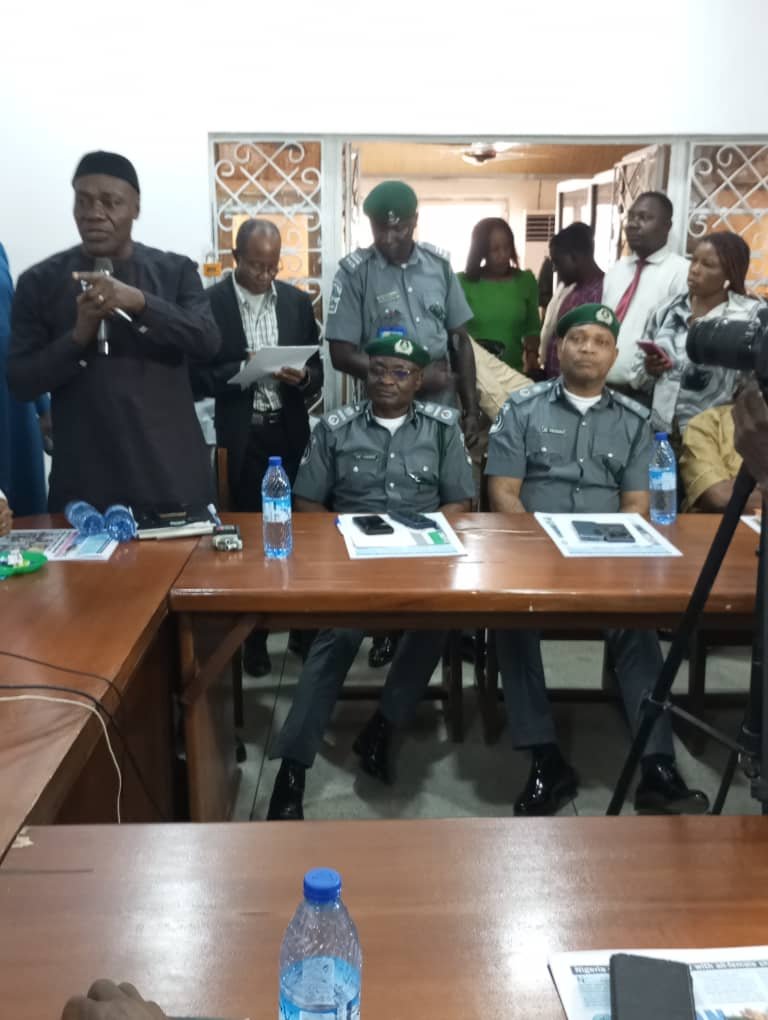
He stressed that the successful implementation of this initiative will make Nigerian ports more efficient, transparent, and competitive, thereby strengthening their role as gateways for international trade.
His words: “The service is ready to collaborate with stakeholders to ensure that the International Cargo Tracking Note serves the national interest while simultaneously facilitating international trade. This initiative, re-introduced by the Federal Government through the Ministry of Marine and Blue Economy, offers concrete solutions to long-standing challenges in our ports.
“The benefits of International Cargo Tracking Note implementation are substantial and far-reaching. The system significantly enhances security and risk management by providing information in advance about cargo, enabling better threat assessment and targeted inspections. This enhanced security framework has proven effective in reducing cargo loss and theft in countries that have implemented the system. Furthermore, ICTN integration with existing systems will create a seamless information flow between customs, and other stakeholders. This integration enables real-time cargo tracking, faster manifest verification, and automated risk assessment. These improvements directly translate to reduced dwell time, lower demurrage charges, and more predictable cargo delivery schedules for businesses.”
According to him, evidence from other African nations supports these benefits, citing Nigeria’s next door neighbour, Ghana, as a prime example.
The NCS boss commended MARAN for organizing the roundtable discussion just as he praised it for its commitment to promoting informed dialogue in the maritime sector of the economy.
The Executive Secretary and the Chief Executive Officer (CEO), Nigerian Shippers’ Council (NSC), Mr. Pius Akutah in his contribution traced the origin of ICTN implementation in the country starting from when it was initially unveiled years ago in Nigeria.
According to him, Africa Shippers Councils were advised by the United Nations Conference on Trade and Development (UNCTAD) to monitor cargo movement. Following on this advice, some African countries have since started the implementation over the years.
Akutah who was represented at the roundtable by NSC Director Consumer Affairs, Mr. Celestine Akujobi explained that ICTN is a cargo facilitation programme involving the Central Bank of Nigeria (CBN) and NCS.
The NSC helmsman stressed that the council aims to minimize costs associated with ICTN, as it is not intended to generate revenue.
He argued that ICTN concept is a security issue and that whether NSC or NCS is in charge is immaterial.
He maintained that what is important is its proper and efficient implementation in the country as it is obtainable in other nations across the globe.
Akutah noted the Republic of Benin implemented a similar system in 2006 and that Nigeria successfully implemented it earlier but it was later suspended.
He reiterated NSC willingness to reintroduce the system and explore its benefits for all stakeholders.
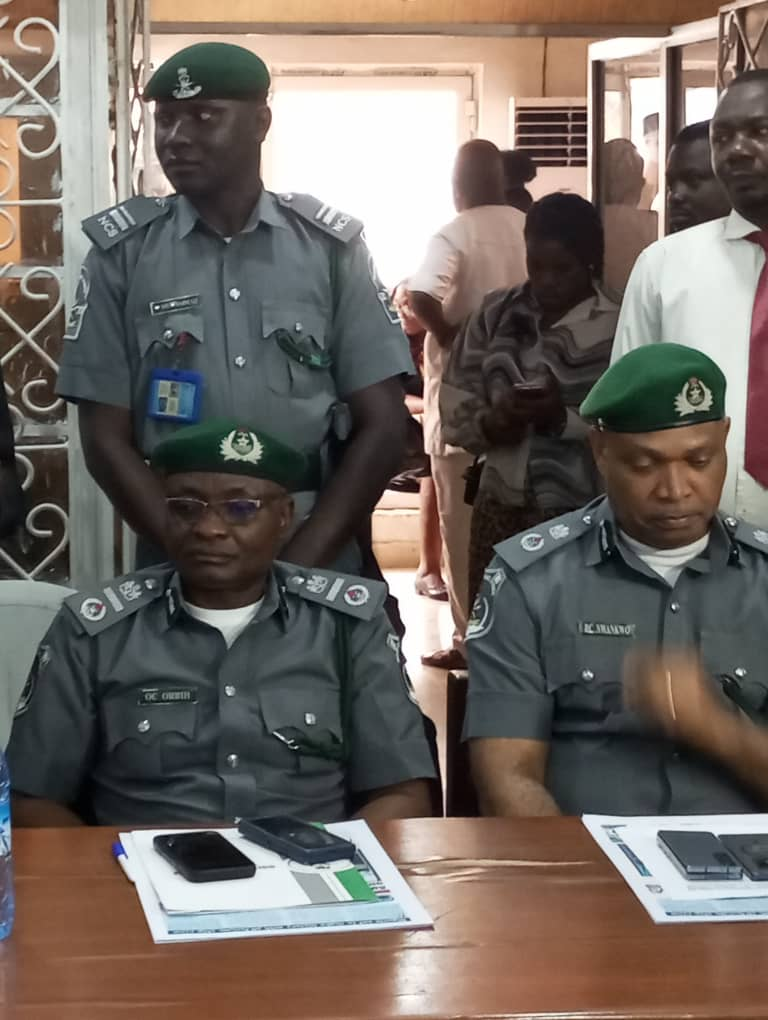
The National President, National Council of Managing Directors of Licensed Customs Agents (NCMDLCA), Mr. Lucky Eyis Amiwero in his submissions disputed claims that the ICTN is a UNCTAD-backed initiative.
He argued that it lacks formal convention or rule status and its implementation in Nigeria is not tied to any service even as he emphasized that the NSC was established to safeguard shippers’ interests, and lacks the legal authority to implement ICTN.
According to Amiwero who has served in several Federal Government committees especially those related to the maritime sector, you cannot operate a system without a law. ICTN originated with the Nigerian Ports Authority (NPA) and that its first three implementations were not tied to any specific service.
The NCMDLCA National President maintained that the implementation of ICTN in the Republic of Benin was tied to NCS.
He noted that ICTN is already integrated into NCS operations and that assigning it to another government agency would be counter-productive.
“ICTN is not backed by law. It is just to make money for a few people. It is already subsumed in Customs law. It is going to obstruct clearance of goods. It is not backed by law and not tied to any service”, he said.
The Head of Research Unit, Sea Empowerment and Research Center (SEREC), Dr. Eugene Nweke in his presentation said that research revealed that 32 countries in Africa are implementing ICTN.
According to him, there is the need for it implementation in Nigeria for checks and balances. ICTN would enhance compliance and ensure the safety and security of the nation.
In his submission, the Chairman of Widescope International Logistics, Dr. Segun Musa, described ICTN as an intellectual fraud that would not fly no matter the way and manner its proponents presented it.
Musa averred that ICTN faced resistance in the aviation industry when he wrote International Air Transport Association (IOTA) which subsequently wrote to the Nigeria Civil Aviation Authority (NCAA), leading to its cancellation.
According to him, ICTN is unnecessary as Customs already requests advance manifests which expose concealment and 100 per cent examination can uncover any hidden goods.
He argued that ICTN is fraudulent as it is a combination of pre-shipment clearance and destination clearance and key industry players will not allow a selected group of businessmen to exploit government agencies and compromised stakeholders for their personal gains.
The President of MARAN, Mr. Godfrey Bivbee in his welcome address stressed the importance of ICTN to Nigeria’s maritime sector and the national economy just bas he expressed hope that the discussions will ultimately benefit Nigeria and Nigerians.
“Beyond the ability to collect and track cargo information, this system has the capacity to generate billions of naira in revenue for the Nigerian government, particularly in revenue areas currently being missed at our borders,” he said.
The MARAN President stated that ICTN has the potentials to monitor daily crude oil export which is crucial for Nigeria as Africa’s largest oil producer. He hopes this will help curb the long-standing issue of oil theft in the country.
His words: “Yet, despite its obvious benefits, the scheme has been put on hold multiple times. At one point, it only operated for less than two years before being suspended. Why? Because of corruption, bureaucratic bottlenecks, and internal battles for control among key stakeholders.
“In 2007, a proposal from the Ports Management System Company Limited (TPMS) and its partners was being reviewed for implementation. However, political changes led to further delays. By the time the Federal Executive Council approved the project in 2010, another setback came in 2011 when the scheme was halted by the Presidential Task Force on Port Reforms, citing various concerns.
“The controversies surrounding the ICTN are not without merit. Importers and clearing agents have raised concerns about duplications of charges. They have pointed out that their cargos are already being tracked by the Nigerian Customs Service from origin to destination, and therefore, adding a second layer of tracking via the ICTN creates unnecessary costs. These complaints are valid and need to be addressed if we are to move forward with this initiative.
“As we move to reintroduce the ICTN, it is critical that we approach it with a fresh perspective and an understanding of the lessons learned from the past. The time has come to resolve the controversies and come to a consensus. MARAN recognizes the importance of fostering dialogue and understanding among all parties involved.”


